10 Ways To Reclaim Your Confidence After a Setback
We’ve all experienced it at some point in our lives; an error in judgement, a mistake at work, a relationship that didn’t work out, an unforeseen event that rocked us. Sometimes we see these events coming and sometimes we don’t but each can leave us in a slump of sorts with a lack of confidence that can linger. So how do we recover in these moments? What can we do to reclaim the person we know we are?
1. Do activities you enjoy
We all have activities or hobbies that make us feel in “flow”. These are typically activities that will play to your strengths, challenge you within your capabilities, invoke a sense of passion, and raise your energy level. Aligning yourself with such activities is a way to tap into your best self. Then allow those feelings to infuse the rest of your life accordingly.
2. Reflect on your past successes
Make a list of your greatest successes and try to identify the strengths you were using at the time and the impact you were able to have. Keep an “Applause file” of testimonials, references, awards, photos, or other positive and strengths-based feedback you receive so that you can refer to it and remind yourself of these moments. What did you learn that you can apply to your current situation to inspire or motivate you now?
3. Reflect on your past failures
Not with a view to dwelling on them but from the perspective of what you learned. Bring to mind one or two situations in the past that didn’t go to plan. What was your greatest learning in those moments? How were you able to bounce back? Is there anything from that time which might be relevant to your current situation that can help propel you forward now?
4. Reframe self-doubt
Thoughts are not facts. But we can convince ourselves they are! Acknowledge negative thoughts and self-doubts as you have them, observe them, write them down, challenge them with evidential proof, argue against them, and replace them with something more uplifting and empowering.
5. Surround yourself with supportive people
We all have those amazing friends or family members who serve as our greatest cheerleaders. Spend more time in their company! Feed off their positive energy, laugh a little, be inspired, and talk about your situation. Not because you want to dwell in negativity but because you want to expand your thinking or because you openly want to seek some support.
You might be amazed at how many people come to stand in your corner. Consider peers and mentors as well. Who inspires you and reminds you of what’s possible?
“Make a conscious effort to surround yourself with positive, nourishing, and uplifting people – people who believe in you, encourage you to go after your dreams, and applaud your victories.” – Jack Canfield
6. Embark on a self-care “positivity diet”
In a slump of low confidence or self-doubt, any negative energy is only going to fuel your internal state. Try to be intentional about what you consume during this period, in the broadest possible sense. What can I watch, listen to, eat, smell and touch that will fill my cup and support me in this moment?
7. Try or learn something new
New inputs create new outputs and a positive shift in energy. By placing ourselves into experiences that stretch or challenge us, we learn new skills, build confidence, and boost our self-belief – particularly as we see ourselves developing and evolving. So what might work for you? A new haircut, taking up a new sport or hobby, revisiting something you used to enjoy doing but haven’t done in a long time, or learning a new skill? Try to find something that really interests you and disrupts the status quo.
8. Look after yourself
Consider taking a break for a while and allow yourself the headspace to reflect on your situation as objectively as possible. Continue to build your resilience by eating well, sleeping well, and moving regularly while attending to your emotional, spiritual and mental health. If you can maintain good physical health, the benefits tend to naturally spin off into other pillars of resilience.
9. Help someone else out
Helping others is a great way to turn our attention outward and gain greater perspective on our own situation. A donation is the smallest gesture you might consider but volunteering your time and interacting with others is likely to register a substantial and memorable impact.
10. Lastly, accept the setback and turn the corner
Self-compassion is the ability to accept our situation exactly as it is, acknowledge our situation with kindness, and then to ultimately let it go and move on. The moment we try to resist our experience or berate ourselves for wanting things to be any different to what they are is the moment we prolong our experience unnecessarily. Acceptance precedes change and provides a gateway for moving forward and turning a corner.
Take small but inspired action towards a better life today
When it comes to taking action, why not start with just 1-2 of these that particularly resonate. Small steps lead to big and sustainable changes. What constitutes some “low hanging fruit” for you?
If you’re looking to get unstuck or to turn your own corner, try our signature programme The Inside Track. Book a Discovery Call to learn more.




